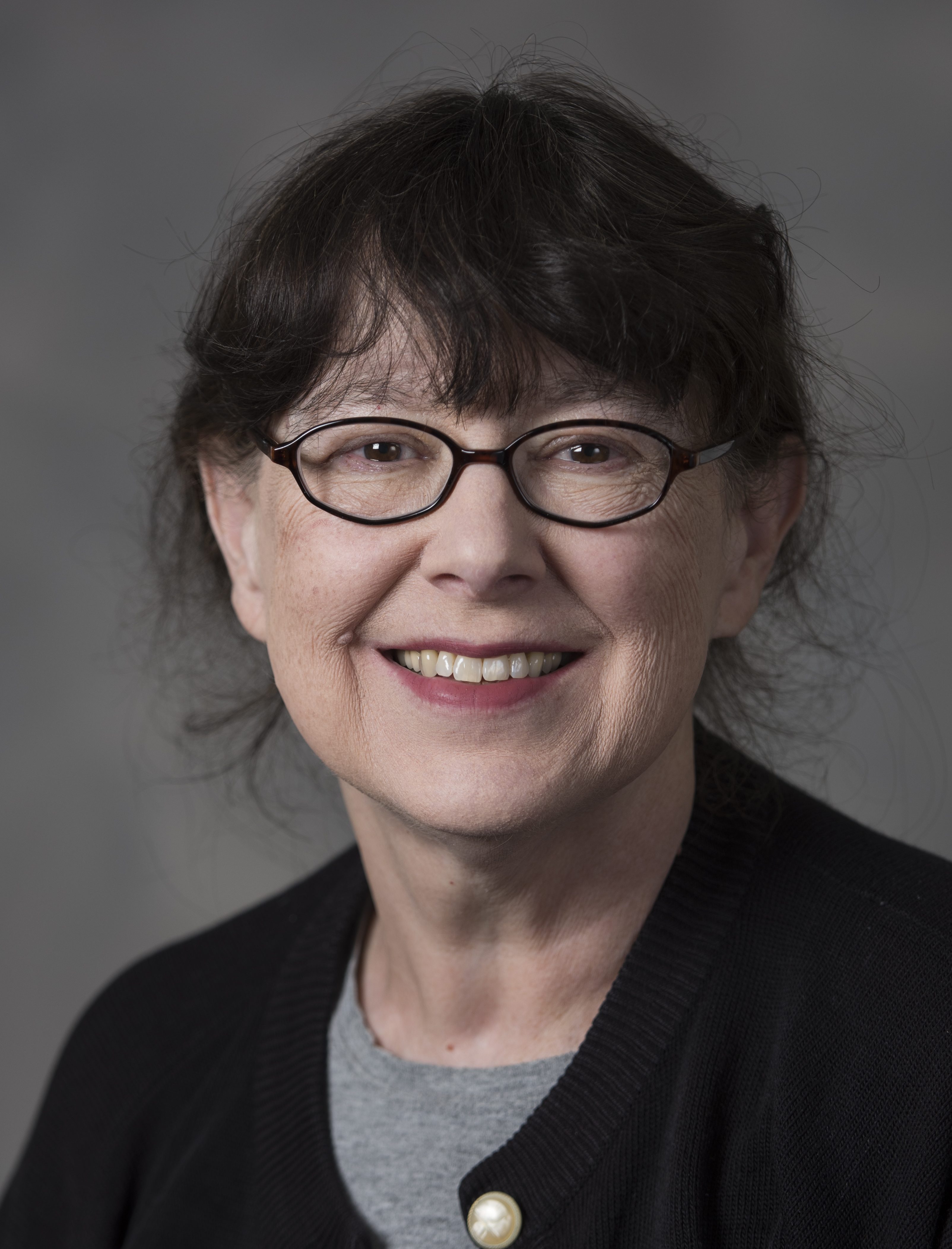The Professor of English presented, "Impairments, Handicaps, and Their Meanings: Disabled Migrants to France in Fatou Diome's Fictions" in Louisville, Kentucky, on Feb 25.

Professor of English Rosemary Haskell presented “Impairments, Handicaps, and Their Meanings: Disabled Migrants to France in Fatou Diome’s Fictions” at the Conference on Literature and Culture Since 1900 in Louisville, Kentucky, on Feb. 25.
Senegalese francophone novelist Fatou Diome’s novels about migration, when read from a disabilities studies perspective, anatomize her heroines not merely as socially liminal Black migrants to the White metropolitan French center, but as troubled psyches fragmented by obsessive returns to childhood miseries. “Impossible de Grandir” (2013) [Impossible to Grow Up], in particular, explores vividly the migrant woman’s personal impairment, disability, and consequent social and civic handicaps.
The disabilities studies perspective also helps to unravel Diome’s portrayal of the cultural and historical shapers of these individual impairments, while the depiction of the migrant’s postcolonial Senegalese home inevitably tracks with the trope of disability, particularly given the novel’s often bitter analyses of Senegal’s patriarchal, parochial, theocratic and materialistic culture.


